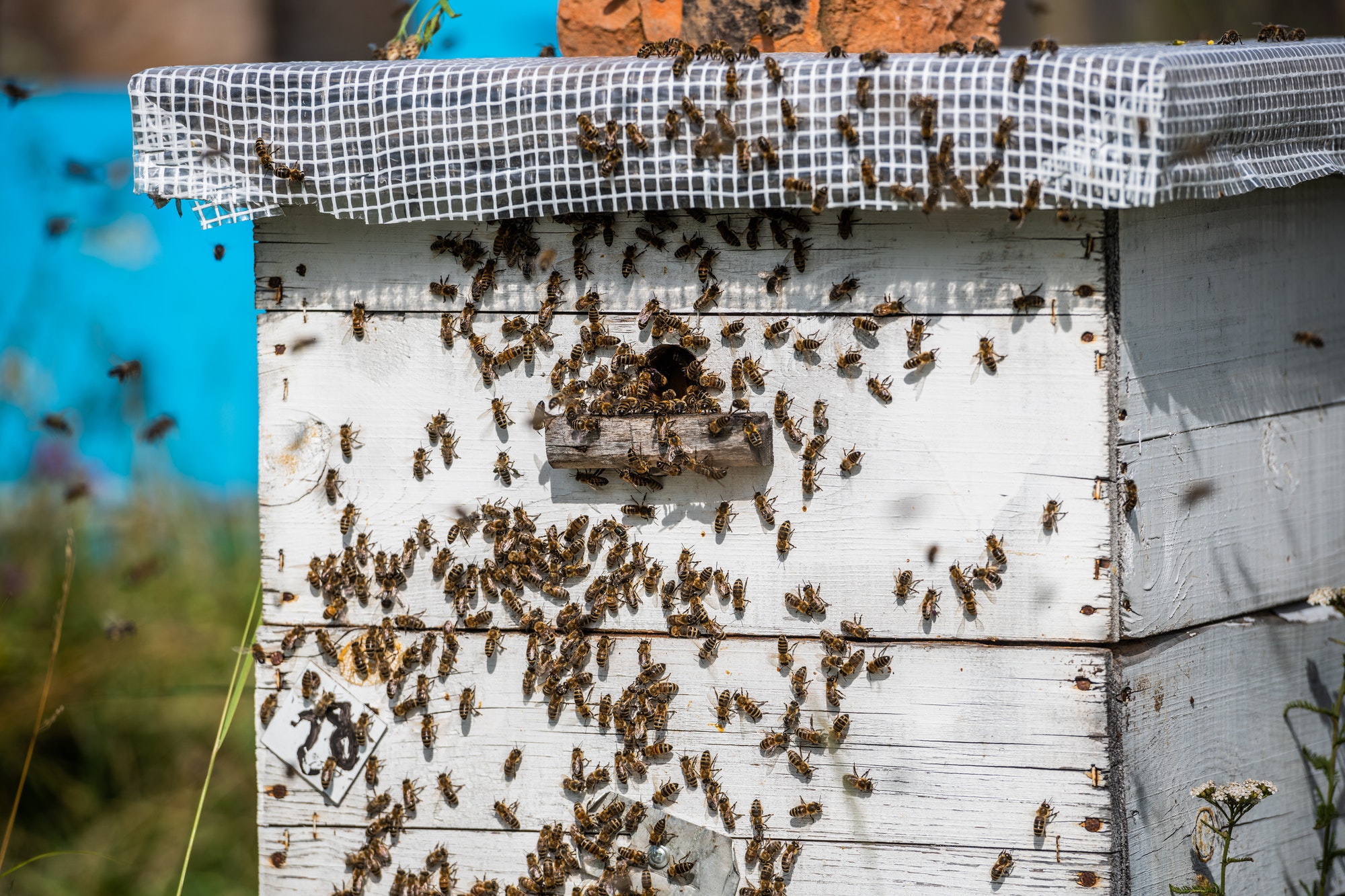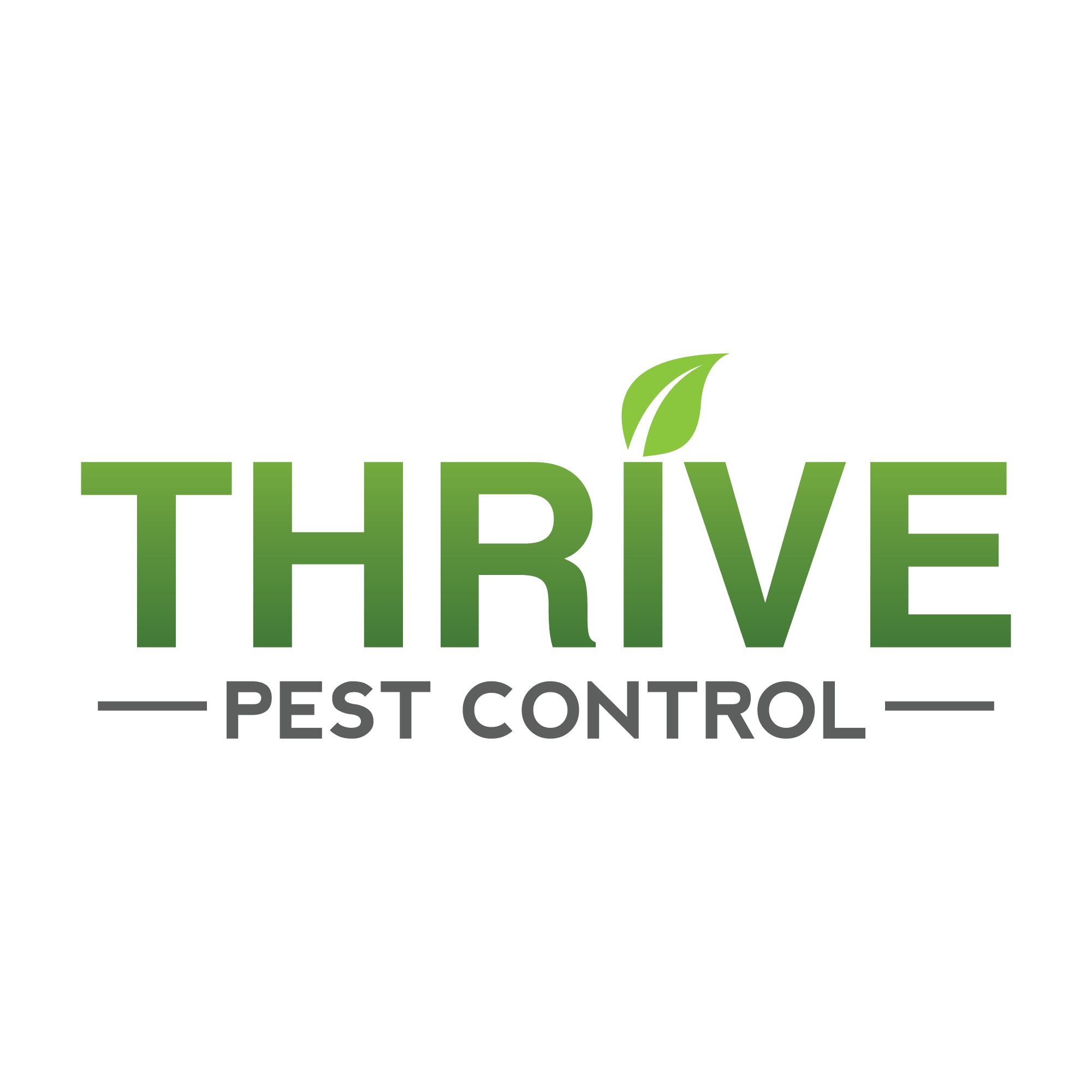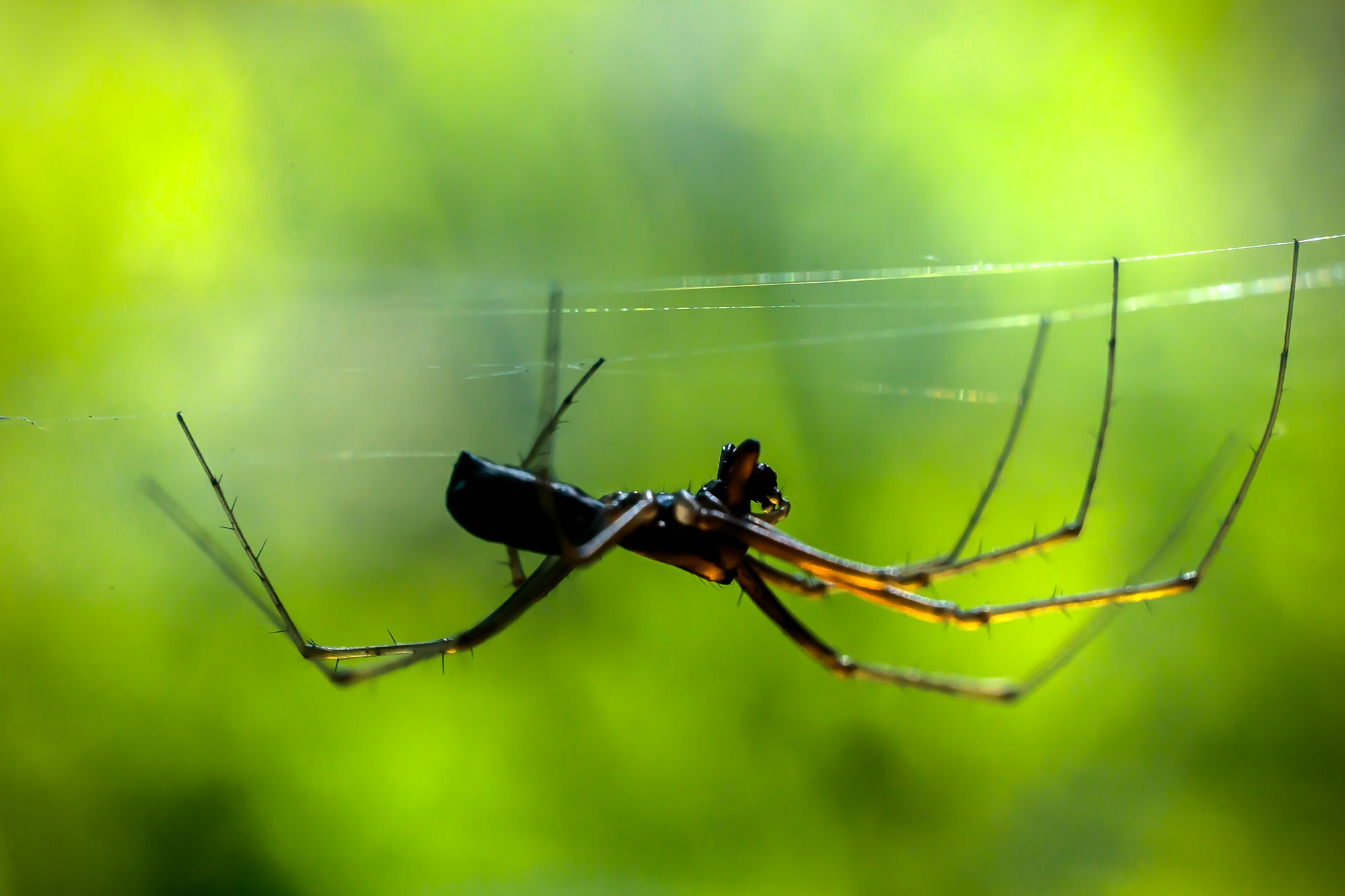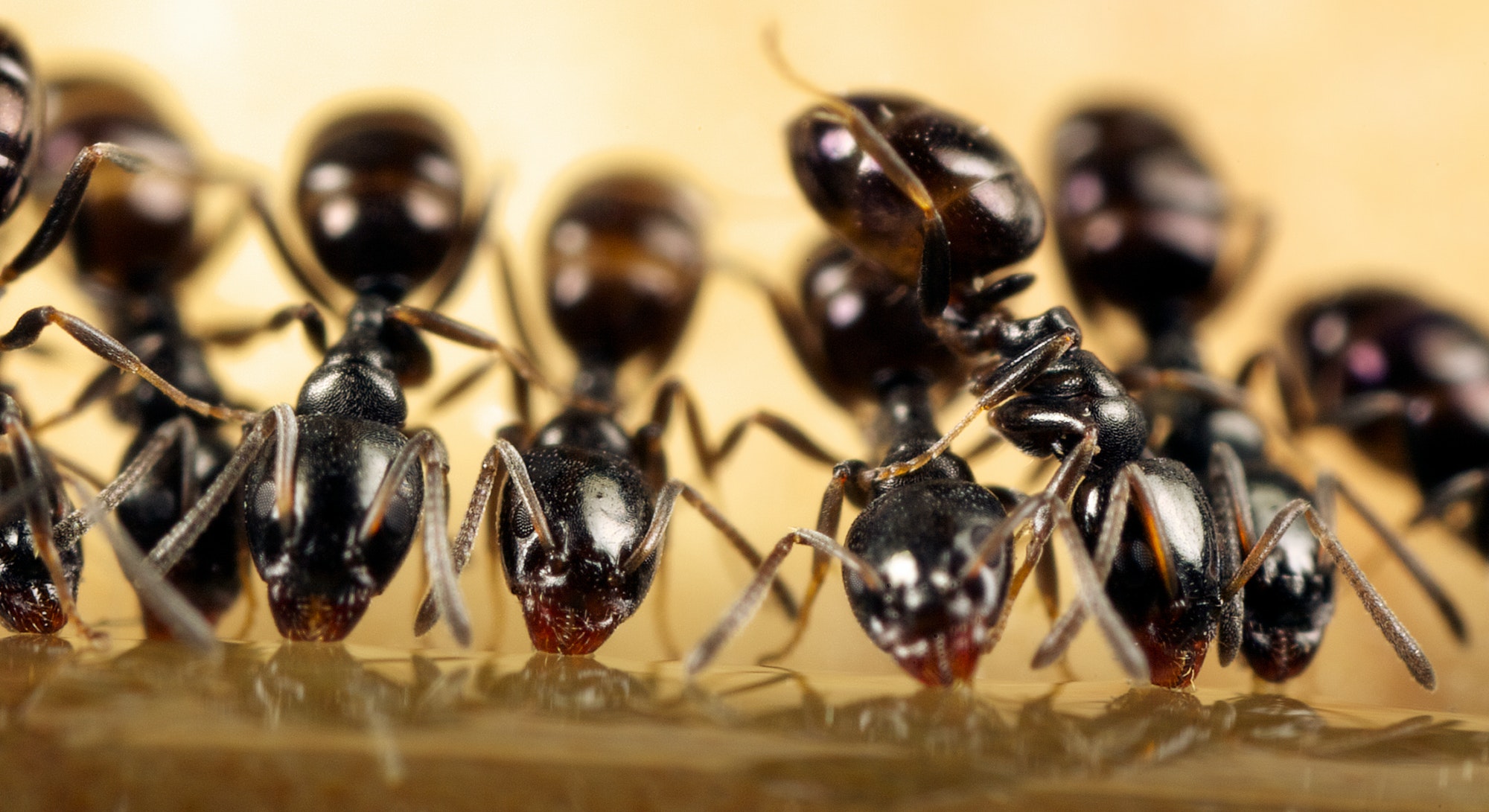Why Bees Are Important For The Ecosystem?
“Pollinators are essential and irreplaceable creatures that unknowingly sustain all life on Earth. In many cases, the existence and continuation of certain species of fruits rely solely upon the jobs of pollinators. One of the most widely used and vital pollinators is bees. The bee is the most important pollinator because pollination from bees is responsible for keeping several ecosystems in balance and indirectly produces a majority of food that humans consume on a daily basis.
Through their pollination, bees assure the continuation of certain plant species. A majority of plants rely entirely on bee pollination for the spread of seeds to reproduce, and as bees shrink in numbers, these plants grow closer and closer to extinction. These circumstances could be a result of the plant being in an area that lacks wind strong enough to spread seeds, or it may lack any other available pollinators.
For instance, according to Joel Lerner, a writer for the Washington Post, bees have been “absolutely essential in assuring that crops from almonds in California to blueberries in Maine are pollinated and prolific.”” Here, farmers rely on local beekeepers to rent out apiaries, which can increase their crop yield exponentially. In the absence of bees, almonds and blueberries would likely not disappear because of farmers’ highly industrialized farming methods, but they would incur a substantial loss. Because bees are responsible for such a wide range of crops, it follows that if these crops suddenly fail due to lack of pollination, so too would the birds, mammals, and insects that depend on those crops. All of this is to say that bees are irreplaceable, valuable resources that have endless advantages to both the animal and plant kingdoms.
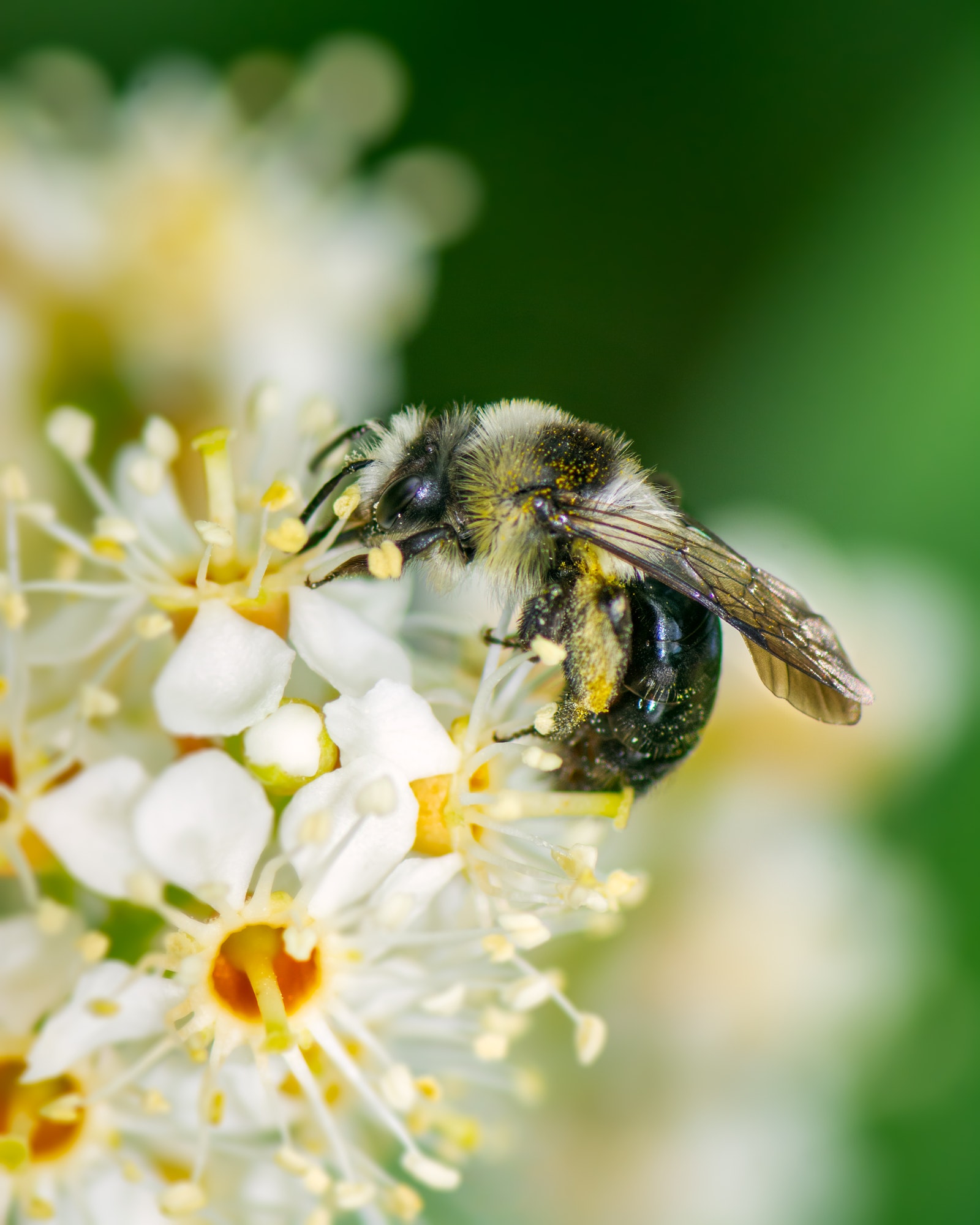
Another major reason bees are needed is that they provide us with a variety of crops and are indirectly responsible for all the food we consume. The produce aisle of the average grocery store and the food on our plate are testaments to bees’ usefulness.
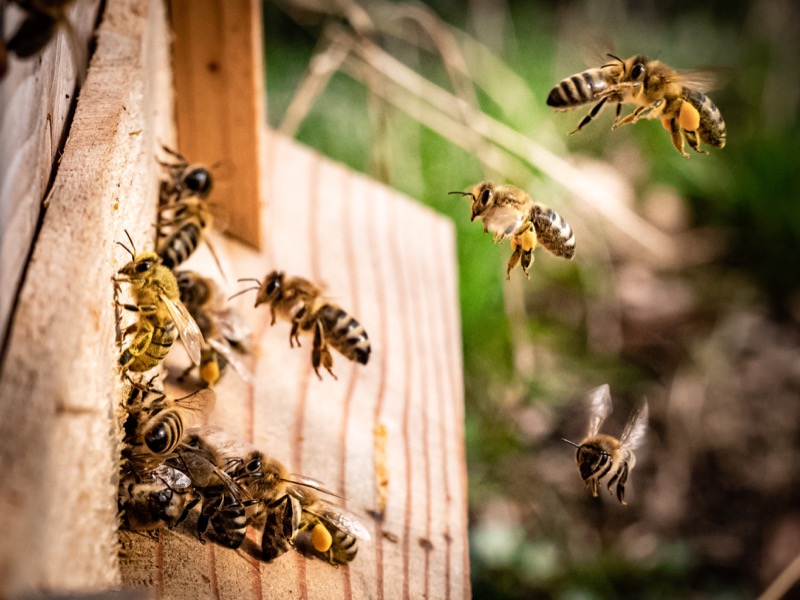
In fact, according to the Canadian Centre for Policy Alternatives, bees are responsible for “the production of at least 90 commercially grown foods. Apples, pears, apricots, melons, broccoli, garlic, onions, peppers, tomatoes, and coffee-they all rely on bees for pollination.” As a result of the bees’ diligence, Americans are able to acquire the proper foundational nutrients needed for a healthy diet. In addition, to producing, bees are also indirectly responsible for supplying the countless animal products and byproducts available to humans. For instance, farm animals such as cows, horses, and sheep rely on bees to pollinate forage and hay so that they can live. So, bees provide us not only with fruits and veggies but also with meats and milk by ensuring the survival of these farm animals. The fact that bee pollination is credited with every third bite of food in the human diet shows how immensely significant they are and how thankful we should be to have such diligent workers.
In conclusion, bees are the foundation of our society. They supply the average person with proper nutrients and are responsible for the continuation of certain plant and animal species. With this in mind, it is abundantly clear that we must do everything we can to preserve these tiny helpers. Because if bees were to become endangered, it’s not just bees that are in trouble. It’s the human race.”
